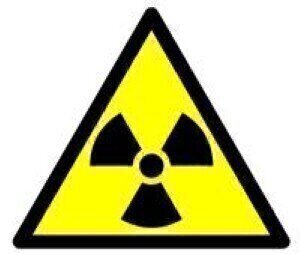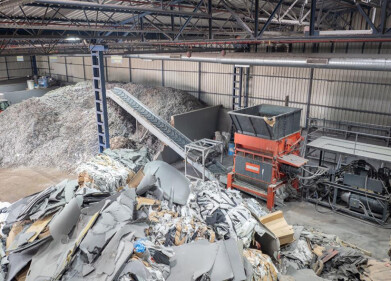Hazardous waste
Bioremediation of Fat, Oil and Grease
Jul 31 2008
up and is a major cause of blocked drains, foul smells and rat infestation.
Whilst blocked-drain emergencies have for many years been seen as an inevitable consequence of being a restaurateur, there is now a preventative measure on offer from English company Environmental Biotech (EB). One of the tools employed is the regular introduction of bugs (a special strain of bacteria) into a restaurant`s drains as a way of controlling the discharge of FOG. The bugs digest the FOG and leave
behind nothing more than carbon dioxide and water (plus any solid particles that may be locked up in the fat). The process is called bio
remediation. It is more environmentally friendly than conventional chemical solutions and more cost effective too.
For the bugs to work to best effect, they need to be in a vegetative state and have to be injected into the drains at various selected locations. Environmental Biotech ensures this is done by first conducting a survey of its client`s drains and then by establishing strategically placed dosing systems. It also makes considerable investments in research & development to ensure that the bacteria it supplies are the most potent for the premises in question.
EB`s bugs are not only applicable to problems created by restaurant kitchens; they can also be used successfully in retail and industrial food preparation areas too.
Whitbread PLC, the UK’s biggest full service restaurant and hotel operator, with Premier Inn, Beefeater, Brewers Fayre and Costa Coffee, is a recent convert to bio remediation. Following extensive trials, it has just signed a contract with EB (Biolab Group) for a drainage maintenance programme, underpinned by bacteria dosing and other new initiatives. It was particularly attracted by the prospect of eliminating `reactive incidents` and by taking environmentally responsible measures.
According to the contract, Environmental Biotech will provide an all-inclusive drain management programme, backed up by hands-on maintenance and a guarantee that there will be no on-cost if there is a blockage. By the Implementation of this drainage regime a marked decline in the number of reactive calls, which equates to a reduction in costs and just as important, a reduction in the number of business interruptions has been reported.
“Environmental Biotech have demonstrated a willingness to develop a bespoke strategy to support our business backed up by a professional and proactive workforce at every level,†says Tony Reddy, Maintenance Manager for Whitbread PLC.
Under new legislation, commercial premises are now responsible for substances they put down their drains and they can be heavily fined for any problems they cause. Aziz Tejpar, Managing Director, Environmental Biotech, said: “FOG is such a serious issue for businesses involved in
the food industry that they need to prevent the problem from arsing in the first place. This makes me optimistic that other major operators will soon follow Whitbread`s lead.â€
Other well-known companies using Environmental Biotech`s bio remediation
programme to deal with FOG are Asda and McDonald`s.
Events
May 11 2025 Vienna, Austria
May 18 2025 Algiers, Algeria
23rd International Water Management Exhibition
May 20 2025 Prague, Czech Republic
Singapore International Water Week Spotlight 2025
Jun 23 2025 Singapore
Jun 25 2025 Sao Paulo, Brasil














